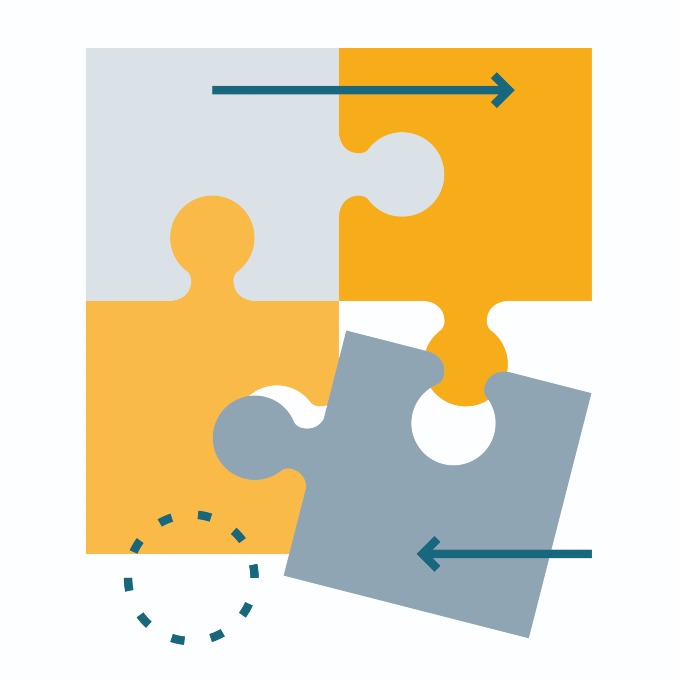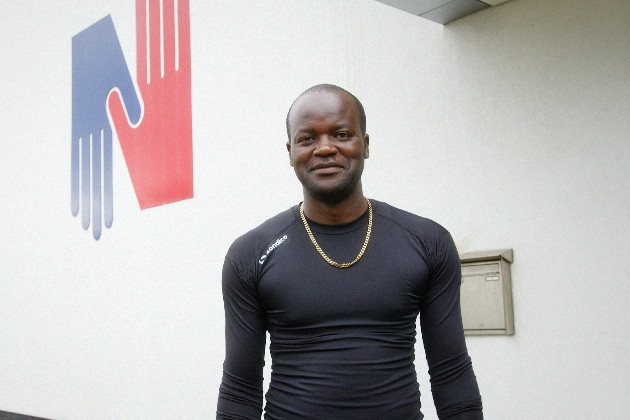Coronavirus has intensified the pressures on nurse leaders – both those on the frontline and beyond – but even in “normal” times the challenges of leadership can be extreme.
So where do those pressures come from and how can you manage them?
Some we put upon ourselves – the constant burden of having to “get it right”. Am I a good leader? Am I being a good role model?
Pressure can also come from all the things you need to be good at as a leader – communication, emotional intelligence, presenting information, understanding and making sense of all that’s happening.
Try thinking of these not as pressures but as skills you need to focus on and develop.
Pressure can also come from all the things you need to be good at as a leader
And then there’s time – time to give more feedback, to say thank you to your team, to build a network of supportive allies, as well as time to simply do your job.
Time puts pressure on all of us and choices have to be made, priorities established.
One of those priorities is finding time for you. The pandemic has exposed the risk all of us face when the pressures of work cause us to neglect our own wellbeing. In response, the King’s Fund has produced useful resources and guidance on subjects such as ‘Finding the space to slow down’ and ‘Self-care and resilience during COVID-19’. 
The need for resilience under pressure has been much emphasised throughout the pandemic and while we welcome that focus, personal resilience is no substitute for good organisational resilience. Taking care of yourself because no one else will is not the answer.
Whenever pressure begins to mount, there is a real risk that we end up working in isolation with no outlet for the stresses we are experiencing. This is something we all need to be alert to.
Look again at your network. Have you got a coach or mentor? Do you have regular clinical supervision? As well as relieving pressure, these kinds of support can help us learn from our mistakes.
It’s worth noting that, historically, nurses have always responded well to extreme pressure. Think of Mary Seacole and Florence Nightingale, any of our great nurses, and they have all faced enormous challenges.
Even before the current pandemic, nursing staff were at the forefront of fighting outbreaks of diseases such as Ebola and SARS, and there is value in recognising our capabilities and aptitudes under pressure. We’ve often been tested and have always come through.
We have to be agile and may have to adapt
But to do so, we have to be agile and may have to adapt. While nurses have a preference for transformational and inclusive leadership, we should recognise that in a crisis a different approach may be necessary.
That need not be a cause of additional pressure, however. In times of change or crisis, the ability of leaders to communicate clearly and concisely is a really critical skill and can help reduce everyone’s stress.
One of the positive things to have come out of the pandemic is that teams have been given greater authority to make decisions.
And when COVID goes away, because it will eventually, there will be other lessons to learn, not least about how as leaders we respond to pressure.
But the fundamentals of good leadership – as discussed elsewhere in this series – will undoubtedly remain.
Further information
Visit the Our NHS People pages for support and guidance on managing your own health and wellbeing whilst looking after others.
Sally Bassett is Chair of the RCN Nurses in Management and Leadership Forum and Liam Williams is a forum committee member.








